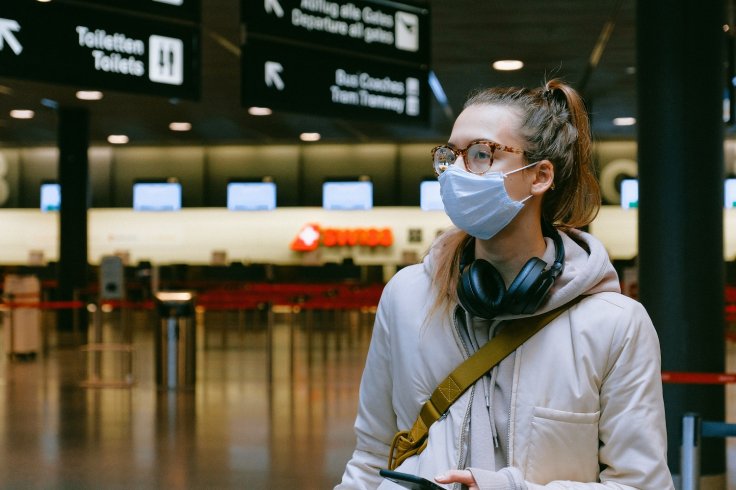Beijing reported several new cases of Coronavirus infection for the sixth consecutive day. The new COVID-19 outbreak in the Chinese capital has forced authorities to reinstate strict defenses against the virus. Local health officials recorded 31 new cases on Tuesday, in addition to the 106 infections that had appeared in Beijing since Friday, June 12.
As Beijing officials said that it is the worst resurgence of the disease in the city since February, authorities raised a level two alert in the city, the second-highest level in a four-tier Coronavirus emergency response level system. Schools have been closed and some transport links with other areas have been restricted, including flight services. The deputy secretary-general of the Beijing municipal government, Chen Bei said during a news conference that people should not leave Beijing unless their trip is essential.
The executive director of the World Health Organization Health Emergencies Program, Michael Ryan said on Monday, June 15 at a news conference in Geneva that the WHO is working "very closely with authorities in China to understand what exactly the risks are here and will issue any guidance internationally accordingly".

New Coronavirus Epicentre: Xinfadi Wholesale Market
As per local news reports, all new cases of COVID-19 in the Beijing, are related to the largest food market in Asia, the Xinfadi wholesale market. Chen said that the cluster of infections is believed to be associated with human-to-human transmission and contaminated objects. Deputy director of the emergency center of the Chinese Center for Disease Control and Prevention, Shi Guoqing said the virus was found on salmon cutting boards at the Xinfadi market in Fengtai district and added that it was not discovered before the salmon entered the market.
After the emergence of new cases in Beijing, around 27 neighborhoods were designated as medium-risk areas, subjecting people entering to temperature checks and registration. Under the new restrictions, Beijing's roads and highways were still open, local companies and factories were not ordered to shut down the operations, and there was no blanket curb on residential compounds.
But the movements of the people in and out of the city were strictly controlled, subject to Coronavirus tests, while people in high-risk areas were quarantined in their neighborhoods and also required to undergo tests. The authorities have already closed kindergartens, primary schools, and high schools, and several provinces were quarantining travelers from Beijing.
The officials have so far banned group sports and ordered residents to wear masks in crowded enclosed spaces. As per the officials since May 30, over 200,000 people had visited the Xinfadi market. More than 8,000 workers at the market were tested and quarantined.

Beijing authorities on Wednesday canceled at least 1,255 inbound and outbound flights, representing almost 70 percent of all services. The cancelation came after Beijing city spokesman Xu Hejian said at a press conference on Tuesday that the epidemic situation in the Chinese capital is 'extremely severe.'
Local media reported that the latest outbreak in Beijing was different from what had emerged in Wuhan last year as the cases were localized and the source of the infection was clear, allowing authorities to more easily get the situation under control. Yang Peng, an epidemiologist with the Beijing authorities has claimed that a DNA sequencing of the virus showed that the latest outbreak in the wholesale market could have come from Europe.
Peng said the preliminary assessment showed the virus came from overseas and added, "We still can't determine how it's got here. It might have been on contaminated seafood or meat, or spread from the feces of people inside the market."









